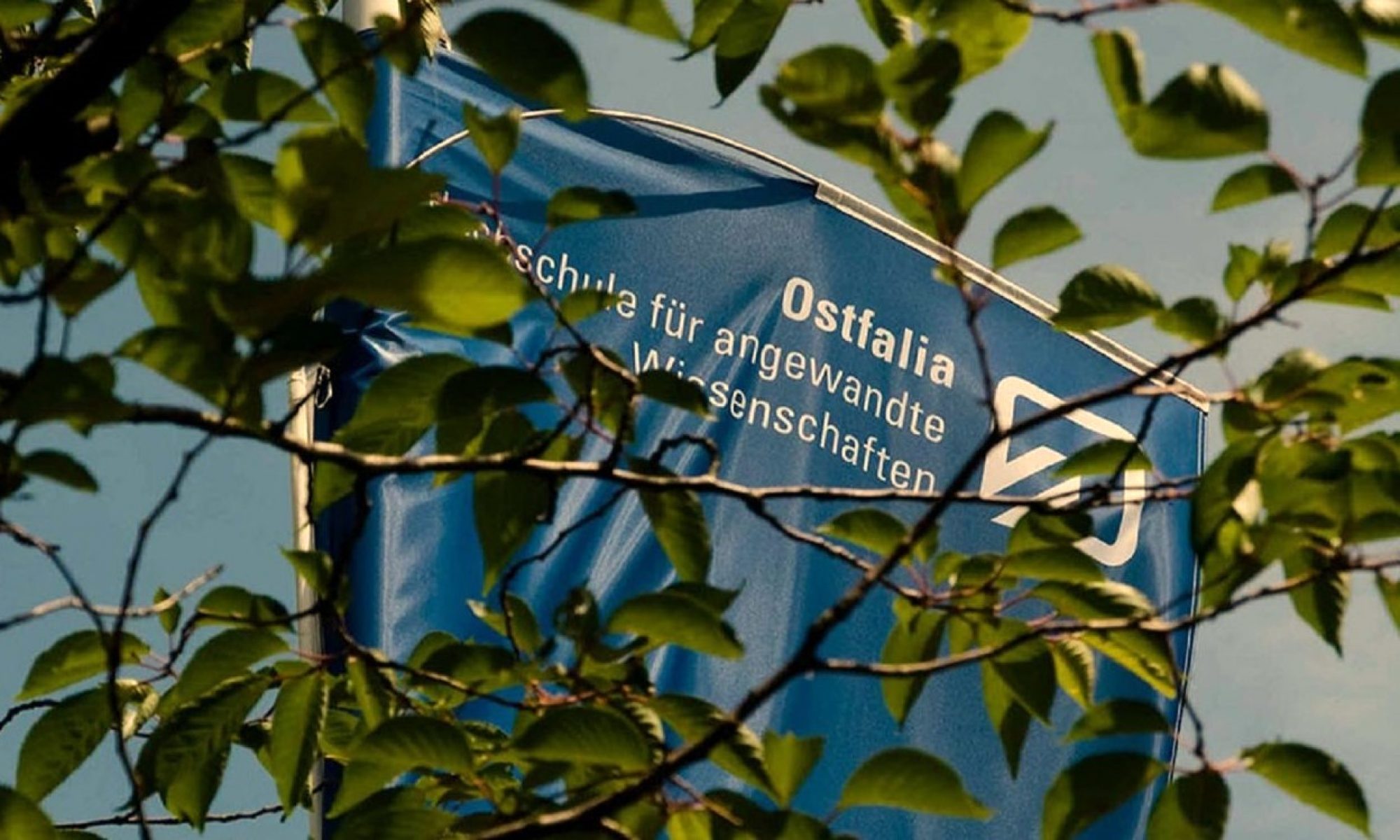Christina Schwarz & Maximilian Bauer
Christina.Schwarz@uni-bayreuth.de; Maximilian1.Bauer@uni-bayreuth.de
University of Bayreuth, Chair of Scientific Computing, Faculty of Mathematics, Physics and Computer Sciences,
Universitätsstraße 30, 95447 Bayreuth, Germany
Abstract
Secure understanding of the knowledge imparted in the first year of an engineering undergraduate degree programme requires time and a willingness to practice on the part of the students. Lectures, tutorials and exercises are not only intended to impart knowledge, but also to help students better understand what they have learned.
Unfortunately, it has been observed for some years now that fewer and fewer students are using the exercises provided or attending the lectures. The trend is clearly towards short-term preparation of the lecture material immediately before the respective exam. With poor exam results and the lack of opportunity for knowledge to be transferred to long-term memory, this approach has two major drawbacks.
Based on our experience in the mathematical education of engineering students in recent years, we present our current changes in teaching and learning methods with the aim of improving examination results and better preparing students for other courses. The changes are based on the existing international systems in that, in addition to the final examination, we are establishing other smaller examinations throughout the semester. As a result, we expect permanent and more active participation in the entire course. This is concluded by first statistical investigations.
Keywords
Mathematical Education in Engineering, Teaching Techniques, Learning Methodologies, Statistical Analysis
